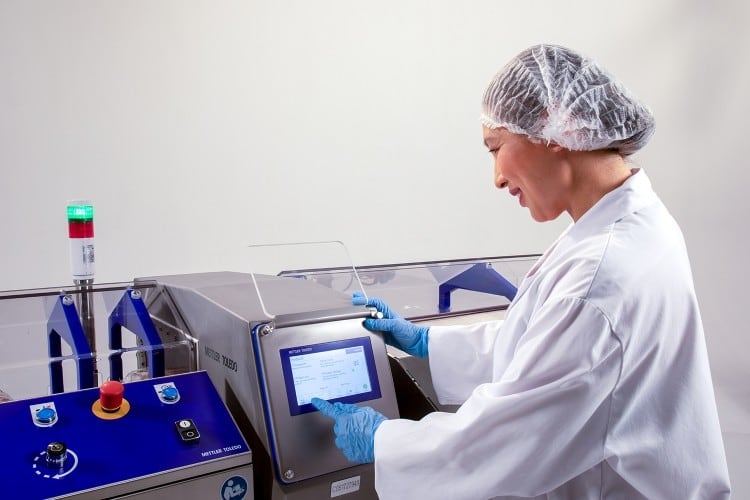Healing highlighted that it’s often a ‘perfect storm’ of conditions that lead to criminal elements capitalising on the opportunity to commit fraud in food and drink supply chains.
“Food fraud is an opportunistic situation that will occur or can occur whenever you've got either shortages of supply, or particularly expensive ingredients, where a criminal element could see a way to relatively easily substitute one thing for another and make money on it with limited risk of being detected,” she explained.
These causative factors can change all the time, with a recent example being the war in Ukraine creating opportunities for fraudsters looking to replace sunflower oil. Expenses spices, such as saffron, are also prime targets for criminals.
Government intervention
When asked if the Government could be doing more to prevent food fraud, Healing doubted how effective their intervention would really be. Effectively, all the Government can spend money on is testing.
She recognised that food bodies have pooled their resources to collate their findings in an environment of confidence to share their risk profiles and their testing results but questioned if this was enough.
“The risk is going up quite quickly and whether or not everybody's ramping up their controls and, and systems at the same rate, I'm not sure that they are,” Healing added. “There are shortages of technical resources available in the country anyway, recruiting high calibre technical people is very challenging.
Luxury of resource
“A great many food manufacturers and people selling in the hospitality chains just don't have the luxury of that level of resource. So they will be challenged, there's no doubt about it.”
Healing’s advice to manufacturers was to make sure their quality systems were as thorough as possible and seek help from experts in the field if you feel like it’s a challenge you can’t handle yourself.
“Food substitution and adulteration has been around forever, since Dickensian and beyond time, so it's not new,” Healing concluded. “But this particular dynamic is quite new.
“You just need to be alert to it and do everything in your power at the end of the day. You're obligated to take all reasonable precautions and audit and exercise all due diligence and knowing the risk is heightened. Existing with the old processes will not be considered to be satisfactory should you end up in the unfortunate position of having a mistake.”





